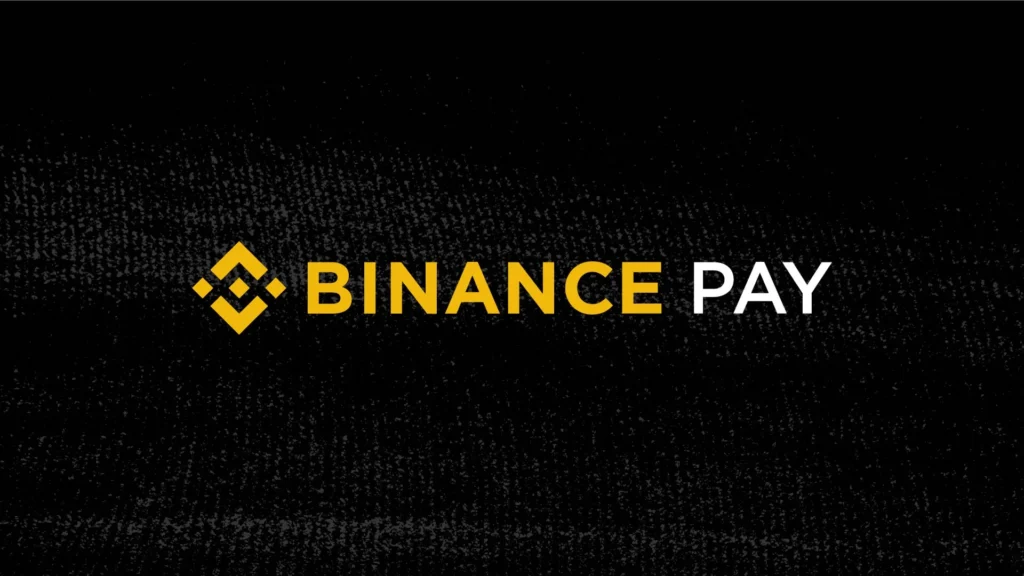Crypto E-Commerce Thailand: What Thai Online Sellers Are Actually Doing in 2025
May 10, 2025

It’s 2025, and if you’ve spent any time in the Thai e-commerce space lately, you’ve probably heard whispers—or maybe even seen a few checkout pages—with something unexpected: crypto payment options. No, this isn’t some global mega-shift just yet. But crypto e-commerce in Thailand is gaining quiet traction. And like most trends here, it’s not exploding—it’s creeping in the back door.
Let’s unpack what’s actually going on, in FAQ format—because let’s be honest, there’s a lot of confusion still floating around.
Is this really happening? Are Thai shops actually accepting crypto now?
Yes—some are. Mostly small-to-medium online sellers who operate independently via Shopify, WooCommerce, or social channels like Instagram or Line Shop.

Credit from : Litextension
According to efinancethai.com, platforms like Bitazza are actively working with local SMEs, offering crypto integration tools and fiat conversion options.
So far, it’s mostly boutiques, niche brands, digital artists, and a few forward-looking DTC (direct-to-consumer) sellers testing the waters.
Why would any seller in Thailand bother accepting crypto?
Good question. It mostly comes down to four things:
- Lower fees – Traditional payment gateways in Thailand often charge 2–3%. Crypto, especially stablecoins, typically sits below 1%.
- Borderless sales – Crypto lets you sell to customers abroad without the friction of international transfers or FX fees.
- Younger audiences – Gen Z buyers in Thailand already use crypto. According to The Standard, younger consumers view wallets like Bitkub NEXT and MetaMask like we used to view PayPal—just a normal part of digital life.
- Novelty and loyalty – It sounds strange, but some brands have seen crypto users spend more or return more often. They like finding shops that “get it.”

Credit from : IECA
What crypto are Thai shops accepting, exactly?
It’s usually just 1–3 coins, no more. The common ones include:
- USDT (Tether) – Popular for stability
- BTC (Bitcoin) – Still seen as “the standard”
- BNB or ETH – Depends on the seller’s wallet setup
Most sellers avoid volatile altcoins and stick to stable options. A few even price in Thai Baht, then calculate the crypto equivalent during checkout.

Credit from : Unlock Media
How are they handling the actual checkout?
There’s no single method—everyone’s kind of figuring it out their own way. Here are the most common setups:
- Manual transfers – Sellers share a wallet QR code, confirm the transaction manually, and ship the item. This is common on IG, TikTok, and smaller Shopify stores.
- Plugins for Shopify or WooCommerce – These auto-generate wallet addresses, process payments, and even issue confirmations.
- Direct wallet integrations – Some stores use Binance Pay or Bitkub NEXT to keep everything inside the app, especially for domestic buyers.
One seller featured on my-best Thailand used this approach for a beauty brand launch, offering a limited-time discount for Bitkub NEXT users. The result? Higher engagement—and a surprising number of repeat buyers.

Credit from : Crypto Daily
Is this even legal in Thailand?
Yes—with some nuance.
Thailand doesn’t ban businesses from accepting crypto, but you’re still required to:
- Report crypto income for tax purposes
- Follow fair pricing laws (e.g., if you list in THB, your crypto price must be equivalent)
- Register with the appropriate authorities if you’re running an exchange or brokerage—not required if you’re just a shop accepting payment
The Thai SEC continues to update regulations, and platforms like Bitazza and Zipmex are helping merchants navigate compliance. So it’s not the Wild West—but it’s not frictionless either.
What are the risks for Thai sellers?
Glad you asked. Here’s the short version:
- Price volatility – If you accept crypto and the price drops before you convert it, you lose money.
- Customer confusion – Not all buyers know how to send crypto. You’ll get questions. Some may panic if fees are higher than expected.
- No refunds or chargebacks – Unlike card payments, crypto can’t be reversed. That’s good for avoiding fraud, but bad if something goes wrong.
- Accounting gets tricky – You’ll need to keep records of crypto receipts, value at time of transaction, and conversions.
So yeah, not a walk in the park. But most sellers say it’s manageable—especially if you’re only offering crypto as a secondary option, not your main checkout method.
Crypto E-Commerce Thailand: What Tools Are People Using?
Let’s break it down by stack.
| Function | Tools Thai Sellers Are Using |
|---|---|
| Wallets | Bitkub NEXT, Trust Wallet, MetaMask |
| Checkout Plugins | NOWPayments, BTCPay Server, CoinPayments |
| Tax Tracking | CoinTracking.info, Binance Tax Tools |
| Support Chat | Telegram, Line OA, or Messenger |
| Onboarding Help | YouTube how-tos, IG Story walkthroughs |
You don’t need a fancy stack to get started. In fact, many Thai sellers begin with just a free wallet and a QR code. Fancy comes later.
How do Thai customers feel about paying in crypto?
It depends who you ask.
- Gen Z and early crypto adopters love it. It’s fast, feels modern, and avoids card rejections.
- Mainstream users? Still hesitant. Some worry about scams. Others aren’t sure how wallets work.
- International buyers? Surprisingly open. Crypto helps them avoid currency fees and bank delays when buying Thai products.
That said, crypto users are still a minority—so it makes sense to offer it alongside regular payment options, not instead of.

Credit from : Knowledge at Wharton
Should You Join the Crypto E-Commerce Thailand Wave?
If you’re running an online shop in Thailand, here’s a quick test:
- Are your buyers under 35?
- Do you ship overseas?
- Do you already use digital tools like Line Pay, Shopify, or PromptPay?
- Are you open to learning?
If you said “yes” to at least two of those, testing crypto e-commerce might make sense. You don’t have to overhaul your entire store—just add a QR payment option and try it out for a week.
Some sellers set a minimum order for crypto, or only accept it for digital goods. Others run flash promotions—like “5% off if you pay in USDT.”
The point is, there’s room to experiment without taking a big risk.
Final Question: What’s the Future of Crypto E-Commerce in Thailand?
Honestly? Still unfolding.
But one thing’s clear: crypto e-commerce in Thailand isn’t just theory anymore. Thai shops are experimenting, customers are responding, and the tools are improving month by month.
It might not replace PromptPay anytime soon. But it doesn’t have to.
In 2025, just being early—even a little—is enough to give your store an edge. So if you’re crypto-curious, maybe the real question is: why not try it now, while it’s still new?

